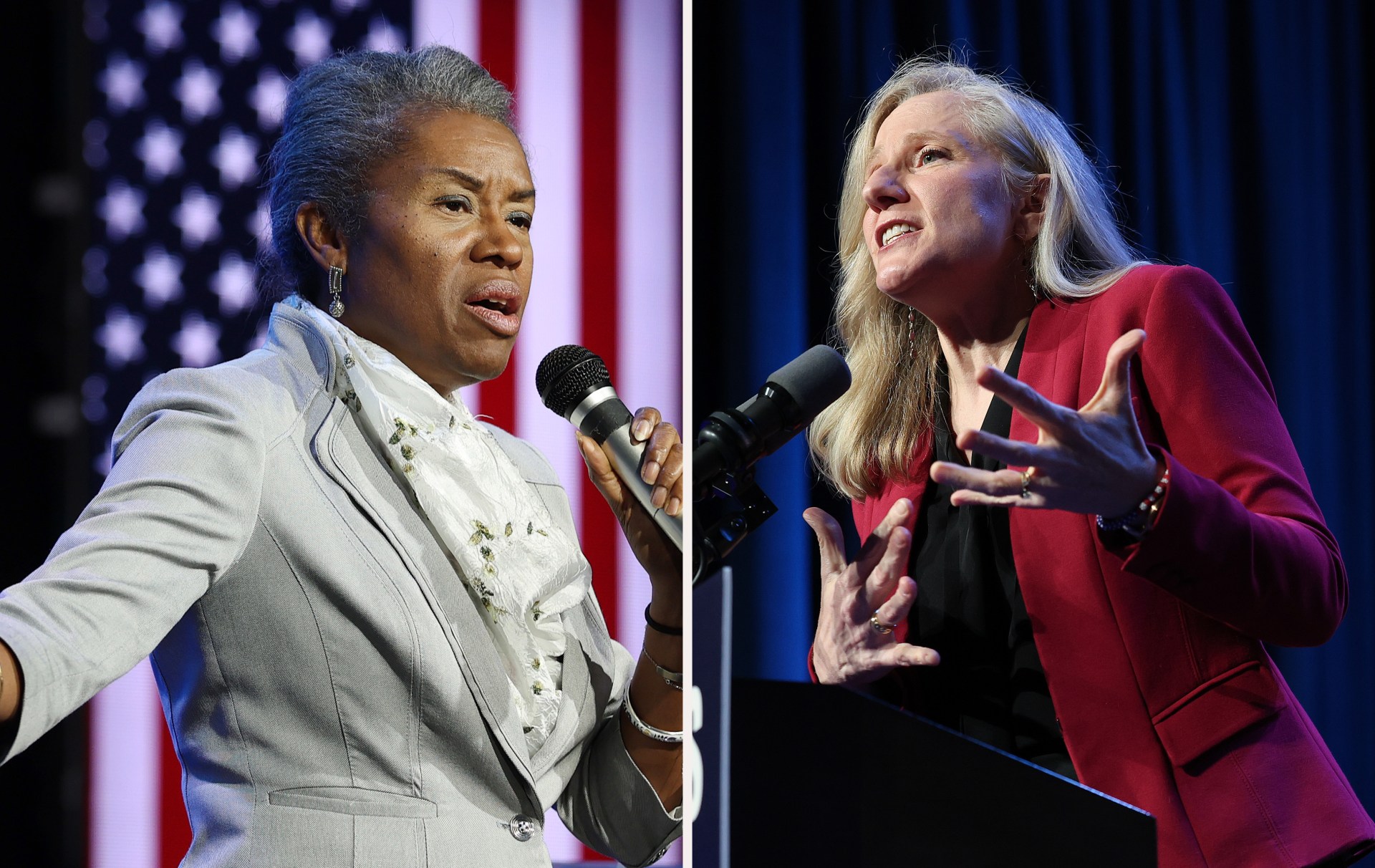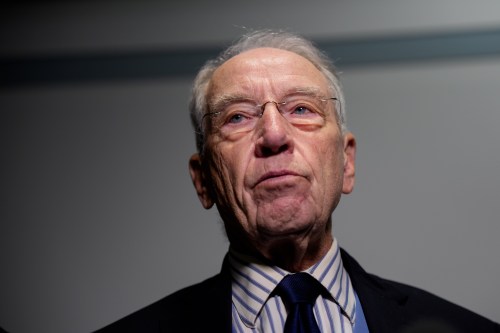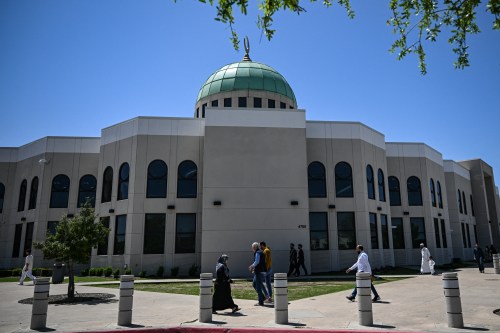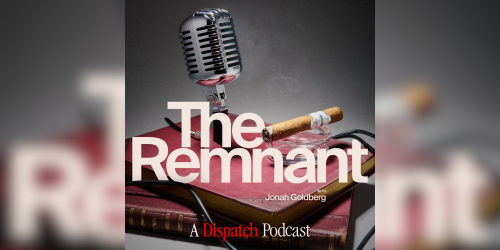Turn any article into a podcast. Upgrade now to start listening.
Premium Members can share articles with friends & family to bypass the paywall.
Hello and happy Saturday. Back in August, when the Trump administration first deployed warships to the Caribbean Sea and Eastern Pacific, the mission was billed as an “enhanced counter narcotics operation” against drug cartels. Since then, the U.S. has acknowledged killing at least 60 people in 14 strikes on boats it says were engaged in narcotics operations.
The administration has not publicly provided evidence to justify the strikes, and in a classified congressional briefing on Thursday, according to Politico, the Defense Department did not identify who has been killed. Lawmakers from both parties have expressed reservations about the administration acting without congressional authorization.
And now the conflict may be escalating. The Wall Street Journal reported Thursday that the U.S. had “identified targets in Venezuela that include military facilities used to smuggle drugs” for potential airstrikes and that “the targets would send a clear message to Venezuelan leader Nicolás Maduro that it is time to step down.”
So, regime change, potentially. President Donald Trump, who’d suggested weeks ago that he would consider airstrikes, denied on Friday that he was planning such a move. That said, Trump issued a statement on June 19—as Israel was launching strikes against Iran—that he would make his “decision of whether or not to go within the next two weeks.” The U.S. bombed Iran’s nuclear facilities two days later.
Looking at the whole picture—the deployments, the lack of justification, and the saber-rattling—Nick Catoggio is a little baffled, writing in Boiling Frogs that “an attack on Venezuela would be the first time in my memory that the U.S. government hasn’t at least tried to make a compelling case for war before moving forward.” But there’s more:
[Trump’s] “America First” foreign policy is a rebuke to Bush’s, as he reminded his buddies in Saudi Arabia a few months ago. He gained traction as a Republican candidate in 2015 by criticizing the Iraq war and eventually spun that into an indictment of both parties’ utopian fantasies about exporting democracy at gunpoint. No longer would the United States spend blood and treasure on trying to improve sh-thole countries by forcibly removing their leaders, he vowed. Instead he would make America great again by “ending endless wars” and improving our own people’s lives.
…
Now here he is, less than a year into his second term, about to out-Bush Bush by bombing his way to regime change in Venezuela for reasons no one can convincingly articulate. Surreally, Donald “Peace Prize” Trump seems set on waging a war that plainly wouldn’t have happened had the supposedly warmongering Kamala Harris been elected president instead.
So, what would regime change in Venezuela actually look like? That’s the headline of a piece we published by contributing writer Gil Guerra this week. He laid out a series of possibilities, including Maduro being forced into exile or being removed from power amid strikes against the regime itself. And in the darkest timelines, Guerra explained how unrest could lead to opposition leader Maria Corina Machado being killed while Maduro flees, as well as the possibility that Machado and Maduro could both be eliminated. He writes:
The risks of regime change are substantial and must be acknowledged honestly. Military operations could trigger humanitarian catastrophes, refugee surges, or protracted insurgencies. Stabilization might require commitments of personnel, resources, and attention that Americans are reluctant to provide. Reconstruction could cost tens of billions of dollars with uncertain timelines for success. These possibilities are real, and leaders who minimize them betray either bluster or deceit.
Given the possibility that the U.S. could be considering escalating its campaign in the Caribbean Sea without congressional approval, it’s also worth reading Michael Warren’s recent reporting on the Pentagon. “What was once a routine and healthy part of civil-military relations—seeking out ideas, consulting on strategy and policy papers—has disappeared,” Mike wrote. “One conservative defense expert in Washington noted to me recently that the first Trump administration was open and eager to have outside input on national-security issues. But now? ‘It’s completely closed off,’ the expert said.”
Thanks, as always, for reading, and have a great weekend.
On Mike Duggan’s watch, Detroit has emerged from bankruptcy, crime has plummeted, quality-of-life services like snow plowing and garbage collection have improved, thousands of new jobs have been created, the population is growing, and economic development has reclaimed a deteriorated cityscape—lately including an $80 million rehabilitation of the Detroit riverfront. The scourge of abandoned houses and vacant lots, for decades the city’s claim to infamy, has yet to be completely neutralized. But Duggan has made significant progress, sparking worries the growing demand for housing may outstrip the supply of neglected homes left to restore. Any politician with that track record might presume viability waging an independent campaign only a few have won in recent decades. How few? Since 1990, just four independent candidates for governor, running in four different states, have been successful. None of those states was Michigan. With that in mind, and considering Duggan’s record, why isn’t he running as the lifelong Democrat he was until mounting his gubernatorial bid?
It’s easy to look back on such periods with our mouths agape, wondering how irrational medieval peasants could be. But our own era suggests we haven’t advanced as far as we like to think. Tucker Carlson—whose show is, by one measure, the top “news” podcast in America—recently hosted a guest who claimed that COVID-19 was engineered so that Ashkenazi Jews would be immune. Nick Fuentes—who praises Hitler, engages in Holocaust revisionism, and who has called for a “Holy War” against Jews—was briefly the most trending podcaster on Spotify earlier this month. And Candace Owens, in spreading conspiracy theories about the assassination of Charlie Kirk, recently described Jewish journalist Josh Hammer as “subhuman filth.” After Owens implied that Hammer, Turning Point USA, and even the Israeli government were somehow involved in the Kirk killing, Florida’s attorney general announced that a man had been arrested for making multiple death threats against Jewish conservative media figures. One of those figures, TPUSA podcast host Alex Clark, wrote that she had suddenly begun receiving death threats and messages from thousands of people accusing her of covering up the murder.
The only toss-up race in Virginia is the campaign for attorney general, which pits incumbent Republican Jason Miyares against Jones, who has been under fire for 2022 text messages in which he wished death upon a Republican leader in the Virginia Legislature and his children. … The downballot race for attorney general would seem to be the kind of relatively low-stakes election that could allow other Democrats to earn some credit for insisting on some minimum standards of character and decency. Why is it so important for Democrats to stand behind Jones? “Four years with Jason Miyares would be much worse for the actual people in Commonwealth Virginia, than four years of Jay Jones,” Beyer told The Dispatch. “All those Democratic attorney generals who are suing Donald Trump to get back things have been taken away illegally and unconstitutionally, Jay Jones would be joining those suits. Miyares has not.” That partisanship and policy consequences always trump the character is a familiar argument in our post-Clinton, post-Trump politics, but Virginia is now a testing ground for just how little voters care about the character and integrity of political candidates.
Best of the Rest
The Wrong ‘One Voice’
By giving Tucker Carlson a pass, the Heritage Foundation’s leader is making more space on the right for antisemitism.
Beware the New Battle of the Sexes
Conservatives shouldn’t make their own version of the left’s gender mistakes.
Little Big American
Modest power beats arrogant weakness every time.
Senate Republicans Are Actually Defying Donald Trump
So far, GOP senators are refusing to nix blue slips, allowing Democrats to block judicial nominees.
No ‘Sharia Law’ Is Coming to Texas
But such alarmism may undermine freedom.
What Hayek Understood About the Unknowable Nature of Markets
He argued that central planning cannot replace the telecommunication system that is a true market economy.
The New Liberals’ Mission to Reorient the Democratic Party
A grassroots group aims to reconnect with voters by stressing abundance and centrist policies.
The Global Free Speech Recession
The right to free expression is backsliding in an increasingly illiberal and authoritarian world.
Inventing the American Ghost Story
As America settles, so do its apparitions.
Kevin Roberts Has No Excuse
Jonah will not talk about the government shutdown.
Our Fragile American Economy | Roundtable
Plus: Donald Trump’s tariff talk with Xi Jinping.
All About Substantive Due Process
Will Obergefell fall?






















Please note that we at The Dispatch hold ourselves, our work, and our commenters to a higher standard than other places on the internet. We welcome comments that foster genuine debate or discussion—including comments critical of us or our work—but responses that include ad hominem attacks on fellow Dispatch members or are intended to stoke fear and anger may be moderated.
With your membership, you only have the ability to comment on The Morning Dispatch articles. Consider upgrading to join the conversation everywhere.